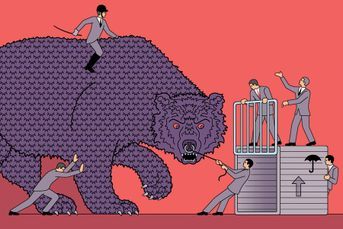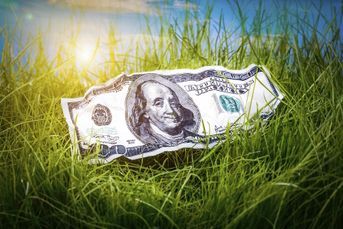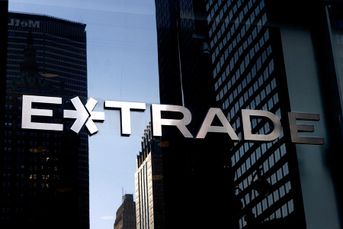Hurricanes could be one reason September is such a stinker for stocks
Tuition and taxes two other possible reasons why the ninth month is the worst for equities.
September remains the worst month for stock performance — and hurricane season could have something to do with that.
Equities in the ninth month have fallen an average of 0.7% since 1945, according to CFRA. It’s the third most volatile month, after October, and those who invest in September see gains just 42% of the time versus 59% for all months.
Going back in history doesn’t help, although early September declines were more understandable. During harvest season, money would flow from banks in the cities to those in the country as farmers sold their crops. And that, in turn, would raise interest rates in cities — especially New York — which, in turn, would hurt stock prices.
The Federal Reserve has long since regulated the supply of money in circulation, so blaming farmers for Wall Street’s September woes doesn’t wash. In fact, the reason for September’s poor performance is somewhat of a mystery. Some theories:
Hurricanes. September is the most active month for hurricanes, with an average 2.4 a month, according to the Hurricane Research Division of the Atlantic Oceanographic & Meteorological Laboratory. August comes in second, with an average 1.5 a month. While not all hurricanes are blockbusters like Harvey, currently lashing Texas, they can carry a short-term economic wallop. Hurricane Katrina, for example, cost about $108 billion in 2010 dollars. Harvey could cost $30 billion, making it the fifth-costliest Atlantic storm.
Typically, the Standard and Poor’s 500 stock index stumbles 0.1% the month after a major hurricane, according to Sam Stovall, chief equity strategist for CFRA. The good news is that the markets average a 4.5% gain six months after a hurricane. And, naturally, there’s plenty of noise in the statistics: Hurricane Ike, a category four hurricane, saw a 9.5% decline in the month afterwards, but that probably had more to do with the collapse of Lehman Brothers than its landfall in Galveston, Texas on Sept. 13, 2008.
Expenses. If you’ve got a client with children in college, you’re probably used to hearing the wailing and lamentations as they write tuition checks: An average $33,480 per year for private schools and $9,650 for state colleges. Clients could also be raising cash to meet the October 16th final deadline for 2016 income taxes.
Window dressing. Many mutual funds have fiscal years that end Sept. 30, so they may want to make sure that they have sold their dogs before then. The practice, called window dressing, ensures that shareholders get a remarkably unobjectionable list of top 10 holdings in their annual reports.
Another possibility: Investors come back from vacation and decide it’s time to rearrange their portfolios.
In reality, there’s no agreed-upon reason for September’s rotten record.
Should you, as Doug Kass, president of Seabreeze Partners Management Inc., said, sell in September or be dismembered? Not if you’re a long-term investor. But if you have cash, September and October downturns can be good times to buy.
Learn more about reprints and licensing for this article.








